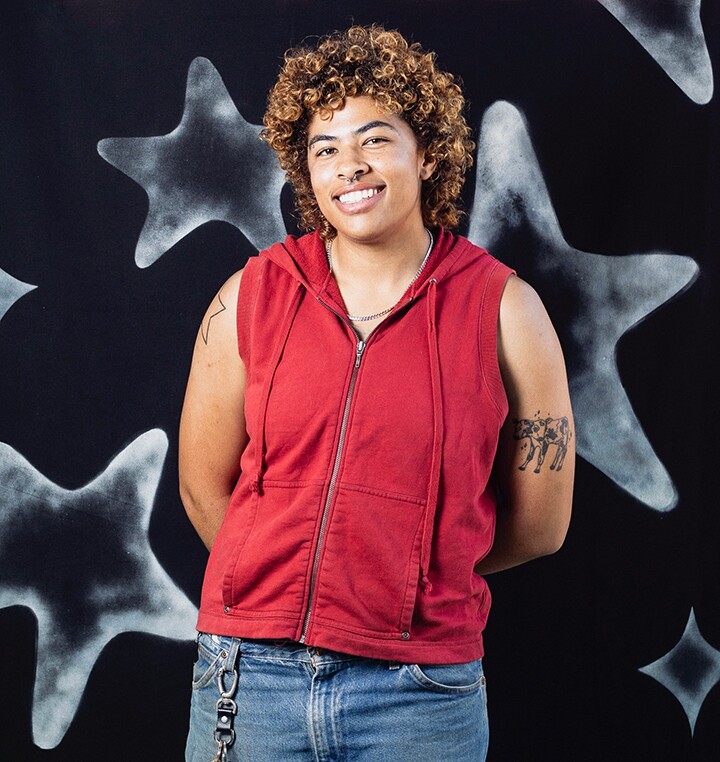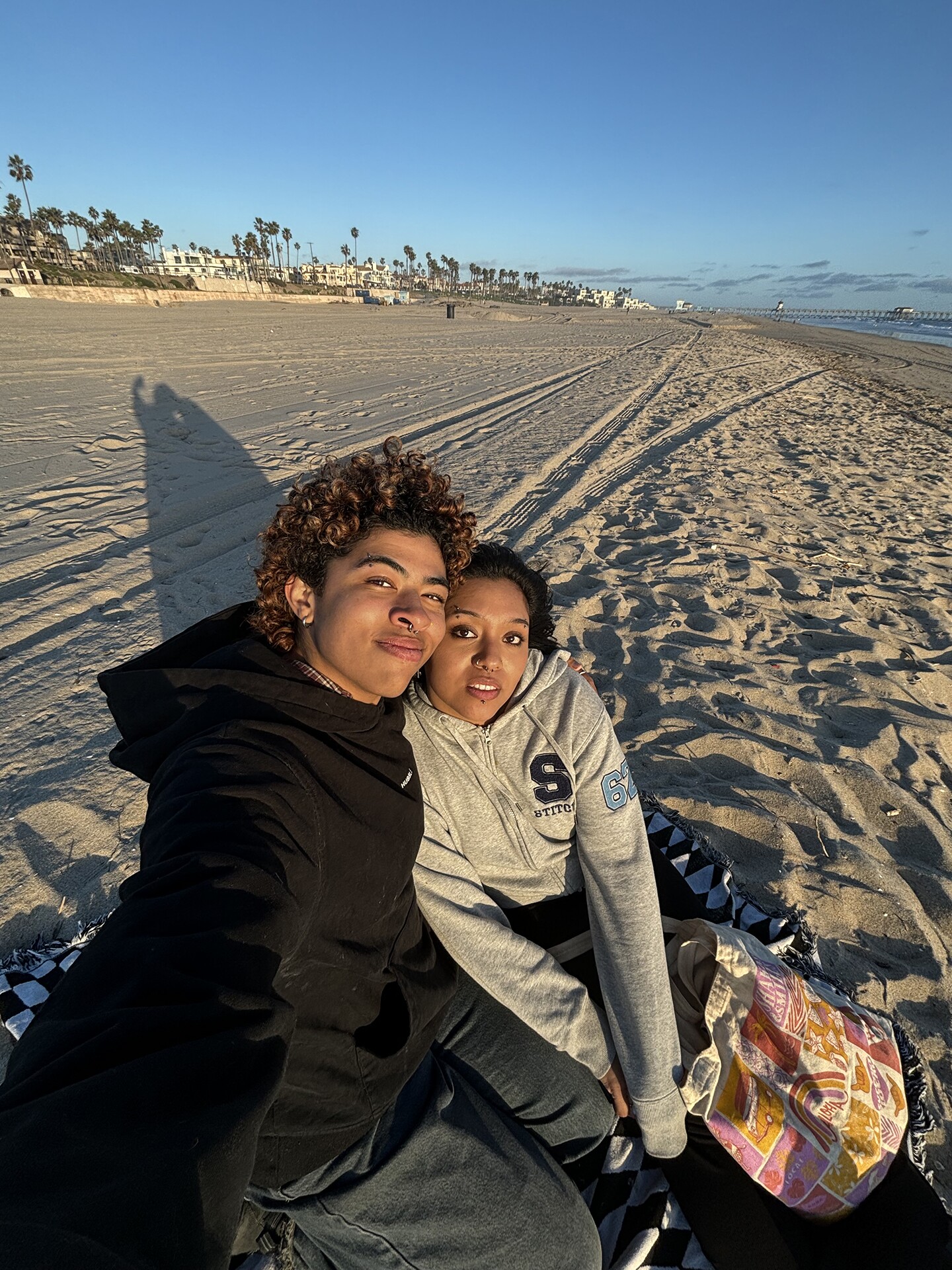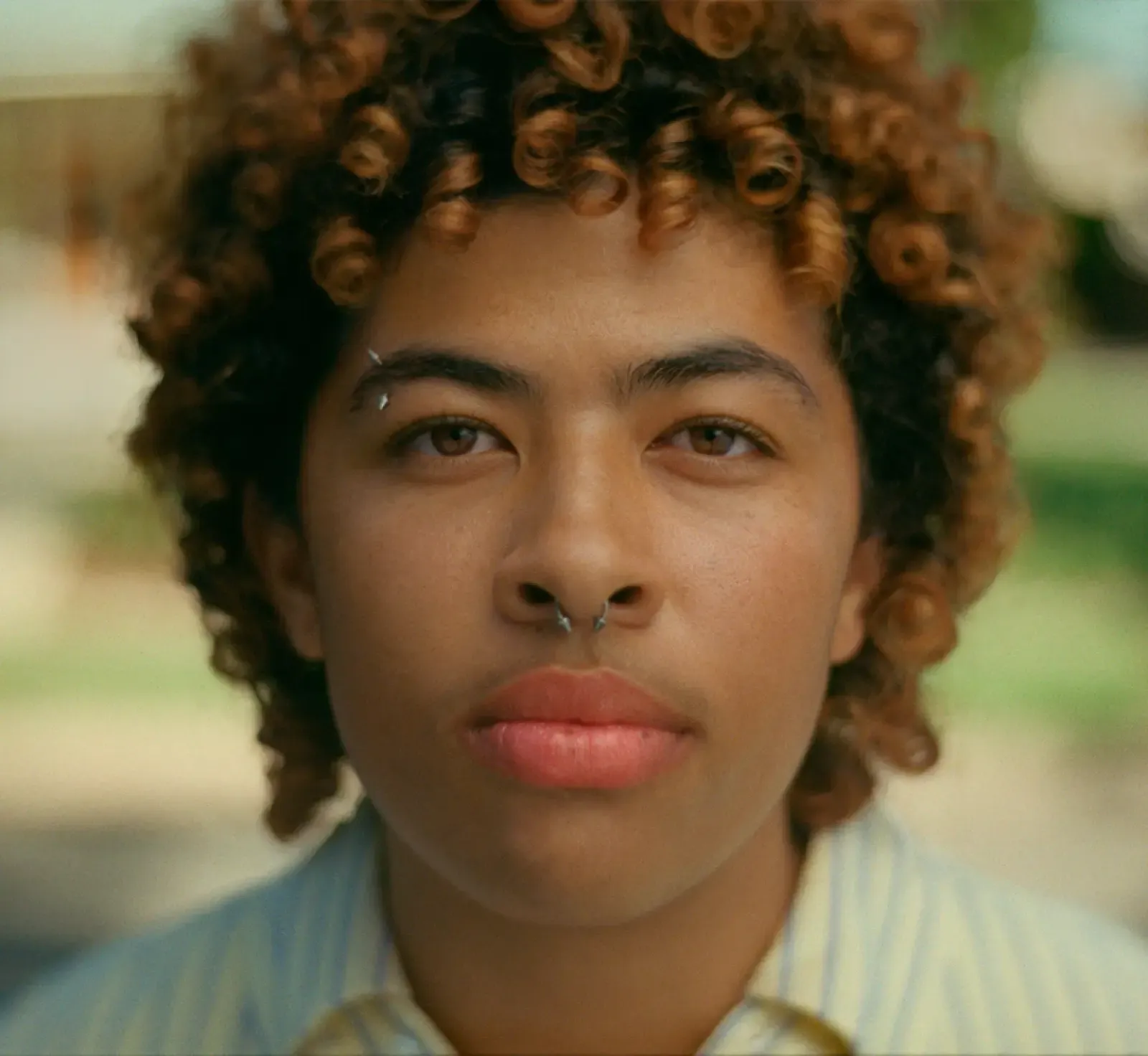Dawn, a visual artist from California, was proud when he got his first apartment. However, that joy turned into uncertainty when he feared for his safety as someone who is LGBTQ+
“I had just moved to my first apartment. I loved it; it was in a largely LGBTQ+ friendly area, it was right by the ocean, and I had it all to myself. I was very proud of that.” The experience of finally being independent can be exhilarating. But even ideal circumstances on the surface can have deeper underlying issues. The neighborhood didn’t have adequate parking, and many people were forced to walk long distances.

“In the months before moving out, there had been multiple assaults on queer people in the area. People were being followed home and physically assaulted. That put me on edge—I’m very visibly queer and trans, and now something I couldn’t control about myself was causing a potential safety issue for me. I had already felt that through my skin color, but it was a new experience coming from my gender.”
“My partner visited me often, and because of the parking situation, we often had to park far away from my apartment. We were consistently followed walking around; people would harass us for holding hands.” Eventually, the harassment, paired with the growing reports of assaults on LGBTQ+ neighbors, became too much to endure. Dawn and his partner moved out from the neighborhood.

“Your home is where you’re supposed to feel the most safe; it’s supposed to be where you recharge, it’s where you sleep. The world is already unsafe for trans people—if you don’t have a safe home then what can you do?”
“Having to leave felt bitter because it wasn’t on my own terms. We were concerned for our safety. Breaking my lease was also harder than expected — I ended up having to go to court to resolve those issues. But, it was exciting to move in with my partner, and I’m happy I’m safe now.”
